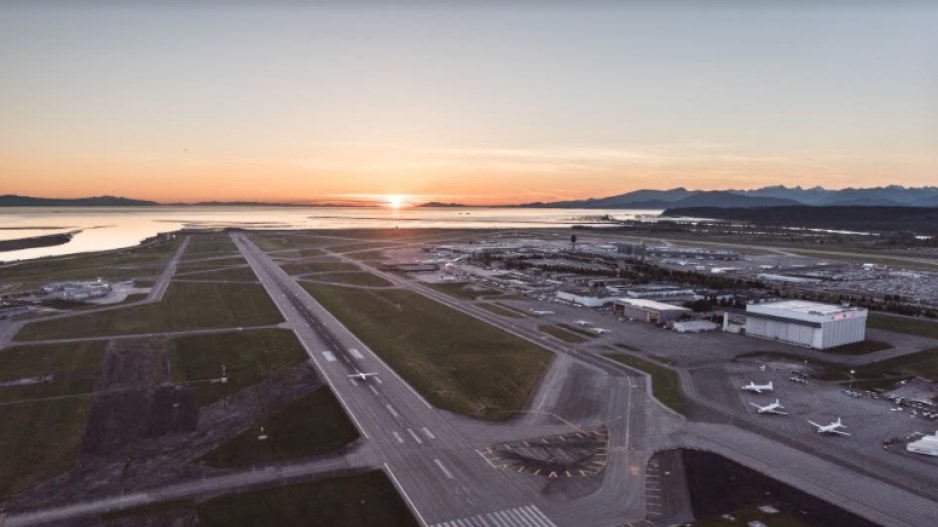With dramatic reductions in passenger and flight volumes, the global aviation industry will be changed forever by COVID-19.
While the industry adapts to changing travel requirements and focusing on innovations to shape a new era of travel, the impacts of COVID-19 have also given the Vancouver Airport Authority an opportunity to re-evaluate its operations.
The organization that manages Vancouver International Airport (YVR) has recently embarked on an ambitious one-year strategic plan for 2021 that enables the airport to thrive in a post-pandemic world, including moving up its net zero target, while shaping a greener and more resilient future
“I’m excited to accelerate YVR’s net-zero goal by 20 years, targeting zero emissions by 2030,” says Tamara Vrooman, President & CEO, Vancouver Airport Authority.
“While we are proud to be the first airport in Canada to set this target, we are more interested in simply doing the right thing. The pandemic affords us an opportunity to challenge past approaches and bring our partners together to reach these goals for the benefit of the community we serve.”
Reducing greenhouse gas emissions is a key focus area for YVR. Previously set for 2050, YVR’s new target year to become net-zero is now 2030.
The International Air Transport Association (IATA) anticipates that emissions caused by aviation will triple over the next two decades.
Airport operators worldwide recognize that curbing emissions in the air is more difficult than on the ground. This positions airports to play an outsized and immediate role in reducing greenhouse gas emissions as a contribution to the industry.
YVR intimately understands the risks of climate change caused by greenhouse gas emissions, as it is located on Sea Island, surrounded by the Salish Sea and the Fraser River: both are significant ecosystems, home to sensitive wildlife habitat.
Environmental stewardship is central to how the airport operates.
Reducing emissions
YVR is powered by its vision to become a world-class sustainable airport.
As it works to realize its vision, the airport is looking ahead with a heightened sense of responsibility to continue to reduce the impact of its operations on climate change and take a leadership role in caring for the environment.
To guide its environmental priorities, YVR develops an Environmental Management Plan every five years. So far, the airport has made great strides in reducing the amount of waste it produces, increasing the amount of waste diverted from the landfill, and lowering its water consumption.
It has also implemented low-carbon ground support equipment and installed gate infrastructure that allows aircrafts to plug into clean electricity.
To further reduce energy waste, YVR has retrofitted building and lighting systems and is championing sustainable aviation fuel use.
Net-zero airport operations by 2030
Achieving net-zero operations requires a bold, multi-decade commitment to creating a greener, more sustainable future for the community.
YVR has identified six pathways to achieve its target of net zero emissions by 2030 from its operation and will be pursuing renewable fuels, electrification of its fleet, green electrification, on-site renewable energy supply, conservation and retrofits, and closing the gap through carbon removals.
Leading the way to a greener future
YVR continues to adapt to evolving travel requirements while thoughtfully preparing for the return of passengers in a new era.
The strategic plan centres around the airport’s purpose of serving its community and the economy that supports it. And so, a strong commitment to climate and environmental sustainability not only positions the airport as an industry leader but will also have long-term benefits for its community.
As it looks ahead to the return of full-capacity air travel, YVR is positioning itself to create a greener and more resilient future, ensuring everyone can explore the world once again with the smallest carbon footprint possible.
YVR looks forward to continuing its environmental journey and working together with its partners and as an industry to reduce the carbon impact of air travel.
Learn more about YVR’s 2021 Strategic Plan and approach to environmental sustainability on its website.




